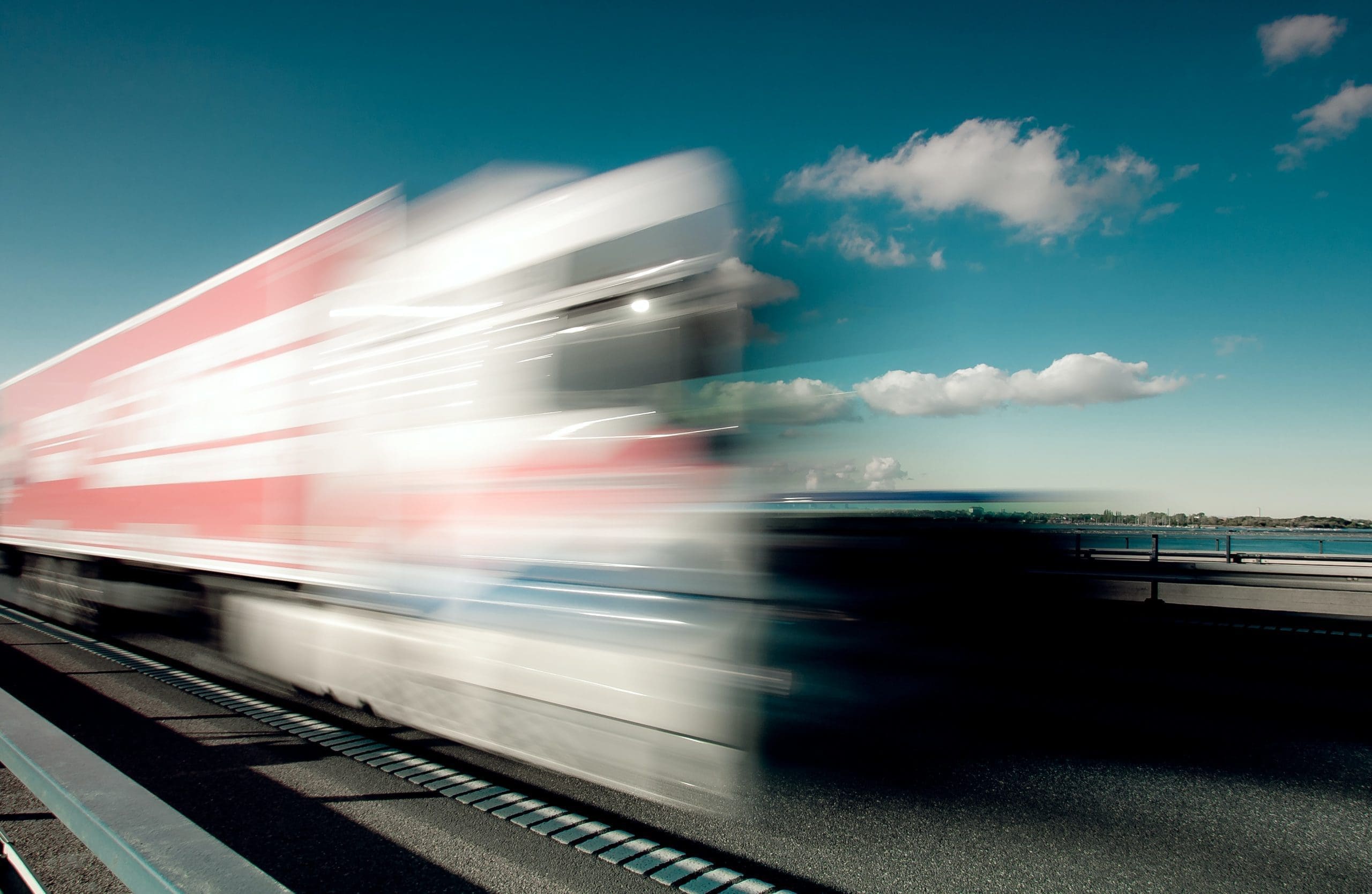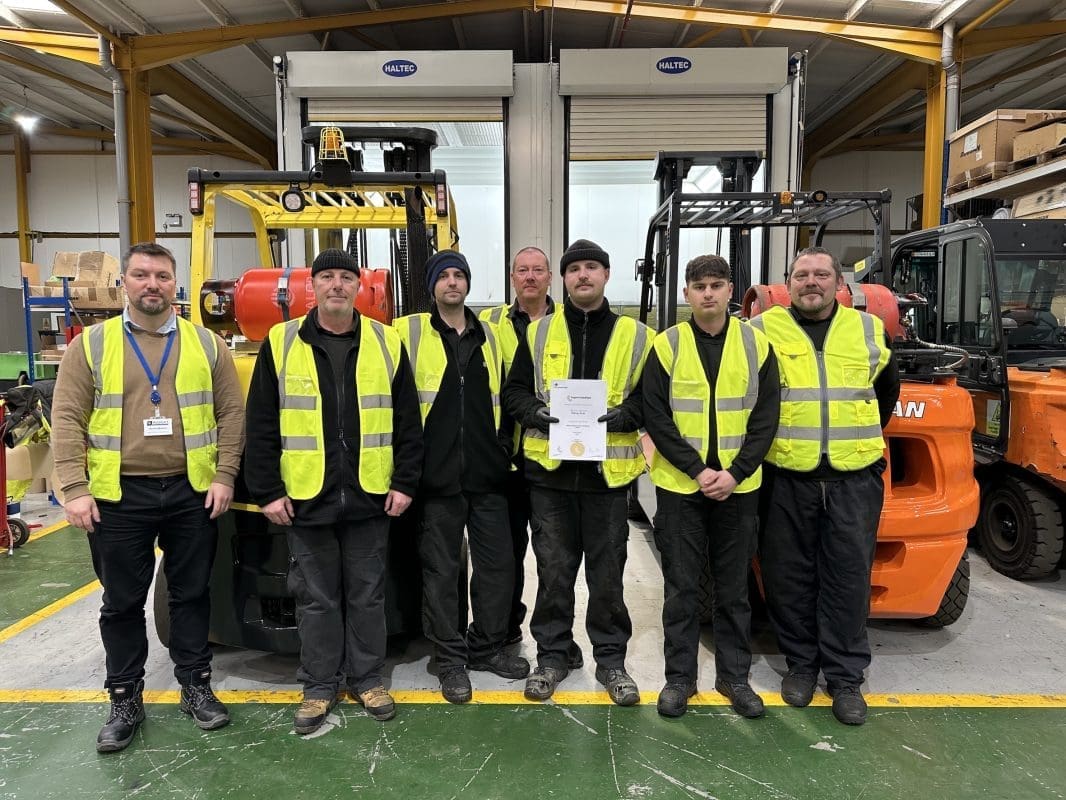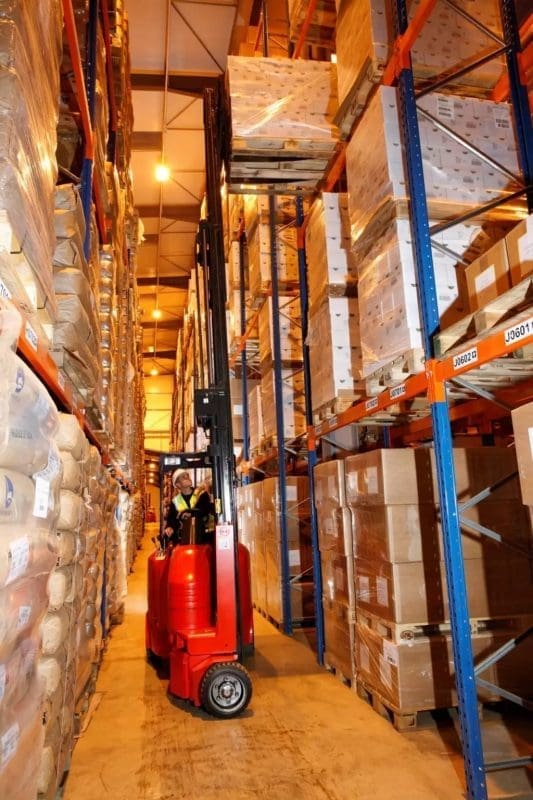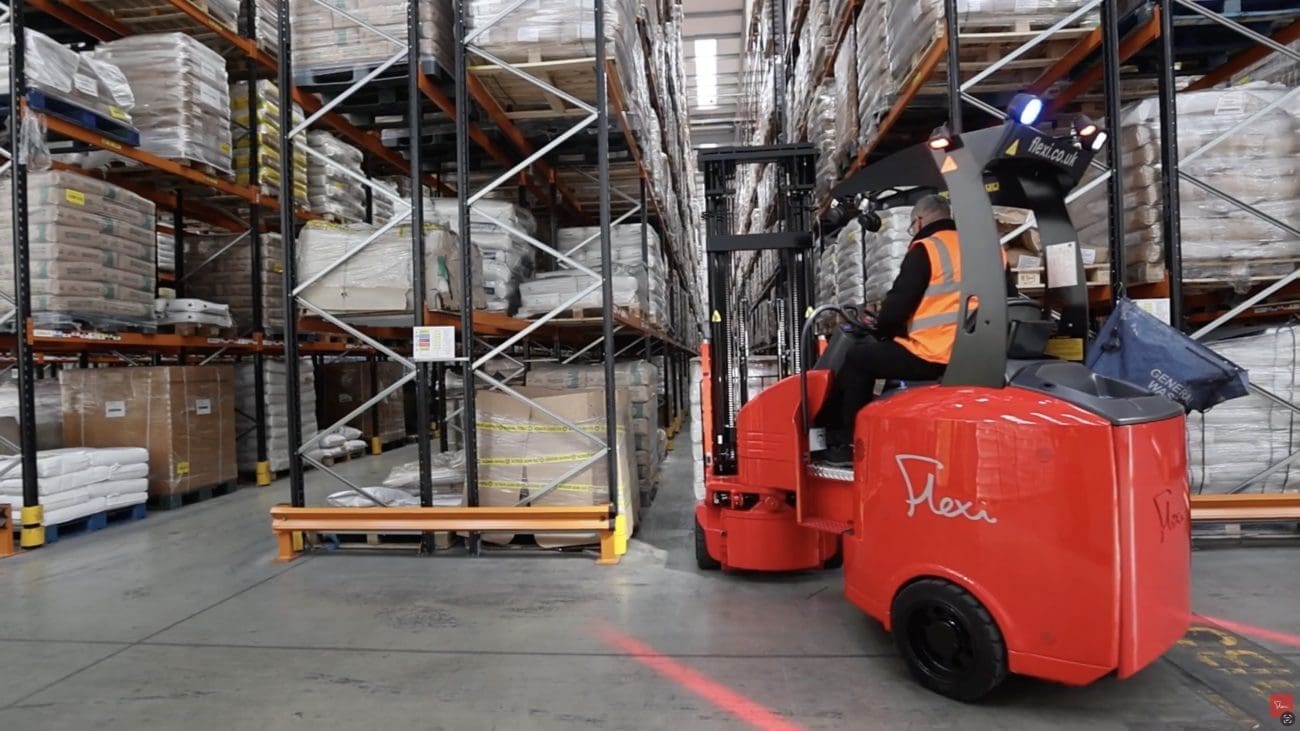- Shop All Documents + Bundles
- FORS V7.1 Document Bundle | Bronze (15 Policies)
- Transport Manager Compliance Pack (10 Policies)
- Transport Manager Compliance Pack (6 Policies)
- Health & Safety Policy Template
- Fuel, Emissions And Air Policy Template
- Operational Security Policy Template
- Serviceability And Roadworthiness Policy Template
- Road Traffic Collision Policy Template
- Counter Terrorism Policy Template
- Load Safety Policy Template
- Vehicle Routing And Scheduling Policy Template
- Driving Standards Policy Template
- Driving Hours Policy Template
- In Cab Technology Policy Template
- Passenger Safety Policy Template
- Complaints And Grievances Policy Template
- Drug And Alcohol Management Policy Template
- Hazard And Risk Identification Policy Template
- VOR (Vehicle Off Road) Policy Template
- Tyre + Wheel Policy Template
- Health & Eyesight Policy Template
- Transport Infringement Policy Template
- Walk Around Check (Defect Check) Tool Box Talk Template
- Transport Manager CV Template
- Social Media Policy Template
- Transport Manager Contract Template
- External Transport Manager Contract Template
- Driver Handbook
Five Challenges Affecting The Haulage And Transport Industry Now

5 Challenges Within In Haulage And Transport Industry
As the UK and wider world continue to recover from the pandemic period, many transport organisations are looking for ways to increase profitability. The shock economic factors over the last few years have no doubt left some companies close to failure or have certainly forced them to reduce their operating costs somewhat. In this article we are looking at the key 5 challenges the industry continues to face in 2022 and into 2023.
1. Fuel price instability
One of the major variable costs the industry has faced has been the erratic price of fuel. Although driven mostly by wider economic factors such as the war in Ukraine, hauliers have been left with mounting costs of fuel. Even a 5ppl reduction in fuel duty announced by the then chancellor Rishi Sunak, did little to help. Since then, diesel prices reduced significantly but have slowly climbed back to an unsustainable level. The problems the hauliers face is their ability to effectively price jobs; When there is no clear trend on what diesel prices will be doing its becomes difficult and many companies have resorted to levying a fuel surcharge. There also seems to be no end in sight as the war continues to grumble on and OPEC continues to limit production causing spikes in the price of oil. It seems almost as if it’s something the industry needs to adapt to but will invariably lead to business’ cutting back significantly.
2. Increase in parts and other essentials
Along with increases in fuel prices, the instability in the world has had caused a sharp increase in other commodities. There have been significant rises in the costs of Ad-blue (An engine additive), truck parts & tyres as well as labour. The well documented driver shortage paved the way for national increases in driver hourly rates. With this in mind – already small margins have been eroded further. In a similar scenario to fuel, there doesn’t seem to be an end date on when things will improve.
3. Industrial action
Global uncertainty and an increase in the cost of living has driven increases in industrial action. This has been particularly prominent across some major UK ports. For example, Liverpool port has seen a total of 4 weeks of industrial action in 3 months. There has also been industrial action in the UKs biggest container port, Felixstowe. This has had a direct impact on supply-chains as a whole but hauliers around the UK have suffered significantly. With container & material flows halting completely during strikes, some hauliers have had to either park up their trucks or find different, and potentially less lucrative work. With union negotiators driving strike action, it is likely industrial action will spread to other parts of essential supply-chains in due course.
4. Driver welfare & facilities
Recent data has shown that there are 1400 too few overnight parking spaces for commercials vehicles. Logistics UK has recently discussed the shortage of acceptable facilities for drivers. “Goods vehicles are essential for products we need. While the focus is often on the suitability of the road network and on efficient utilisation of vehicles, it is equally vital not to lose sight of driver and driver facilities, which are essential for welfare needs and safe operation of the network” This is something that has been echoed across the industry for some time. The UK has fallen behind its European counterparts when it comes to roadside facilities. Parking is limited, extremely expensive and in most cases with poor facilities. Furthermore, despite the cost to park, often they are no safer with fuel and load thefts common place. With little action from already stretched police forces, the problem is significant. Logistics UK continues to lobby he government to address the situation and ensure its honours its own commitment to supply extra and more suitable parking spaces.
5. Reduction in demand
A perfect storm of global instability & increases in inflation has the potential to lower demand for products. The UK is Likely to dip into recession in the final quarter of the year. Analysts do predict the recession will likely be mild but will still have a wider reaching impact on the economy. Container volumes for example have already seen a marked reduction in numbers. An estimated 80% of all goods are transported to the UK is by sea, with containerised volumes making up a large portion of that capacity.
The Outlook?
Although the whole UK transport industry is facing a difficult time, it has managed to get through the recent pandemic relatively unscathed. The industry may be more resilient than it seems and although there is no end in sight for political instability, good times will undoubtedly return. There will still be consumers that require road transportation. The management of costs and the pricing strategy seems to be the key drivers to safely circumnavigate current industry problems.













3 thoughts on “Five Challenges Affecting The Haulage And Transport Industry Now”
Comments are closed.